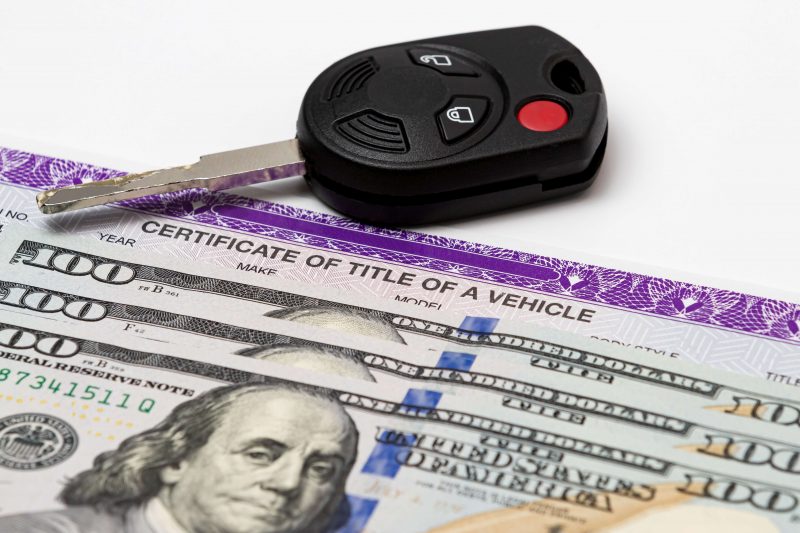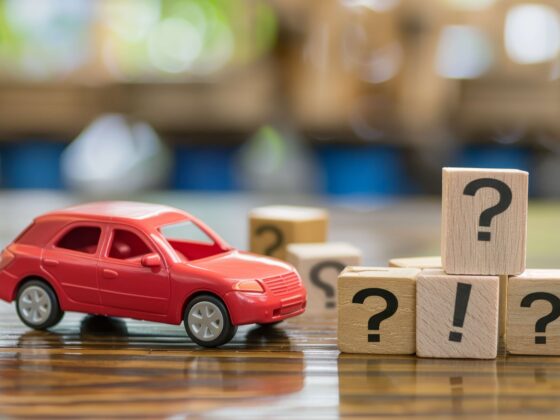Unless you were living under a rock (or were solely reliant on public transportation) during those peculiar years from 2020 to 2022, you were probably aware of the sudden shortage of new cars available for sale at dealerships across the country. Seemingly out of nowhere there was a rush on cars, trucks, and SUV’s, and it was all folks could do to procure a new ride for themselves.
Use eTags© to Quickly Complete Your DMV Service. Renewals, Title Transfers and More, All Online!
Manufacturing lag times soared, stock selection plummeted, and price tags sky-rocketed, leaving potential buyers somewhat bewildered and almost completely out of luck.
But for some enterprising consumers, it was more than enough to seek out a decent, pre-owned vehicle, to buy a gently used car through private sale rather than wait for dealerships to replenish their inventory. Person to person car sales increased, and with that trend upsurge, so did the number of queries surrounding the process. People were hungry for information, wanting to know everything from which make and model to pursue, to what price tag was reasonable, to how to actually complete a private purchase without the guidance of a dealership.
Though we’re seeing a broadening in the availability of new cars, and the slow balance of the outrageous sticker prices, the used car trend endures today (in early 2024) in the sunny state of Florida; many drivers continue to choose pre-owned vehicles over brand new ones. And while here at eTags we have no real preference for new cars over used ones, or vice versa, we do know a thing or two about the automotive world. So we thought we’d compile a little checklist of things to keep in mind when buying a used car in Florida. Because as the old adage goes: “Knowledge is Power.”
- Hone in the vehicle make, model, and year you’re interested in, and do a bit of research. Were there any lemons in that batch? What do other drivers report on that particular vehicle? Were there any manufacturer recalls? Can changing the year affect gas mileage or resell value?
- What is the price point for the car/truck you’d like? Take a peek at KBB.com for a great reference when it comes to getting a solid idea of what the vehicle is worth.
- Once you’ve found a seller, take the car for a spin. The best way to know if a shoe fits is to try it on…the same goes for vehicles and drivers. Get behind the wheel and get a feel. How does it brake and accelerate? Are the seats comfortable? Does the dash or console vibe with you?

At this point, we’d like to recommend a few health and safety tips when buying a car via private sale:
- Be sure the car is titled. Both a paper title and an e-title are acceptable in the state of Florida. If a paper title is presented, check for any signs of alteration. A paper title must be in excellent condition in order to be transferred. If the seller has an electronic, or e-title, then he will need to go with you to the DMV to complete the transfer.
- Verify that the owner named on the front of the title is the same as the name on the government-issued ID of the seller.
- Compare the VIN on the title to the VIN etched on the vehicle itself. Again, be cautious about anything that looks like it may have been modified.
- A quick check over at a site like Carfax.com can help you ascertain whether the car has had any extensive damage – this is important, as you may not be able to tell this visually or just from a test drive.
- Give the ignition and door locks a once-over. Any signs of tampering could signal a break-in.
- If you’re not super car savvy, (and maybe even if you are) bring the car to a trusted mechanic, or request that the seller provide some sort of official report that the vehicle is in good health. There’s a no-return policy with private sales, so it’s good to be sure right at the start.
- You may also be required to obtain an odometer statement that reflects the most current mileage – this is if the title has no place to fill in this information. Keep in mind that any corrections to the odometer section (such as erasures or cross-outs) will render the title defaced and will then require the seller to obtain a duplicate title to sign over to you.
If all of the above is in order, you are well on your way to claiming your new ride! Here are the next steps:
- Pay your seller and be sure to obtain a sales receipt/bill of sale.
- Have the seller sign over the title to you. Obviously, we’re here to help with this part, so feel free to head over to eTags.com/title-transfer and we can help with the entire transfer process.
- Next you will need to register your new vehicle in your name, as well as pay state taxes and fees. Once again, we got you! You can use the same link listed above to transfer a plate you already own, order new registration, or even treat yourself to some specialty or personalized plates. (Go Heat, anyone?!)
- Before you will be permitted to register your vehicle and get new tags, you will need to procure Florida auto insurance that is current and valid at the time you apply for registration.
Not too bad, huh? Of course there may be an additional nuance here or there that you happen to discover along the path of buying a pre-owned vehicle in the Sunshine State, but the above checklist should have you sitting pretty for your next casual purchase of a car, truck, or SUV in Florida. And for any questions regarding title transfer, new or transferred registration, registration renewal, replacing lost plates or stickers, or just about anything vehicle related, you’ve come to the right place.
Get in touch with our stellar customer support team any time Monday through Friday from 9 AM to 5 PM EST here: eTags.com/support. Though we’ve probably said this thousands of times, it bears repeating (again): At eTags, we’re here to help!








